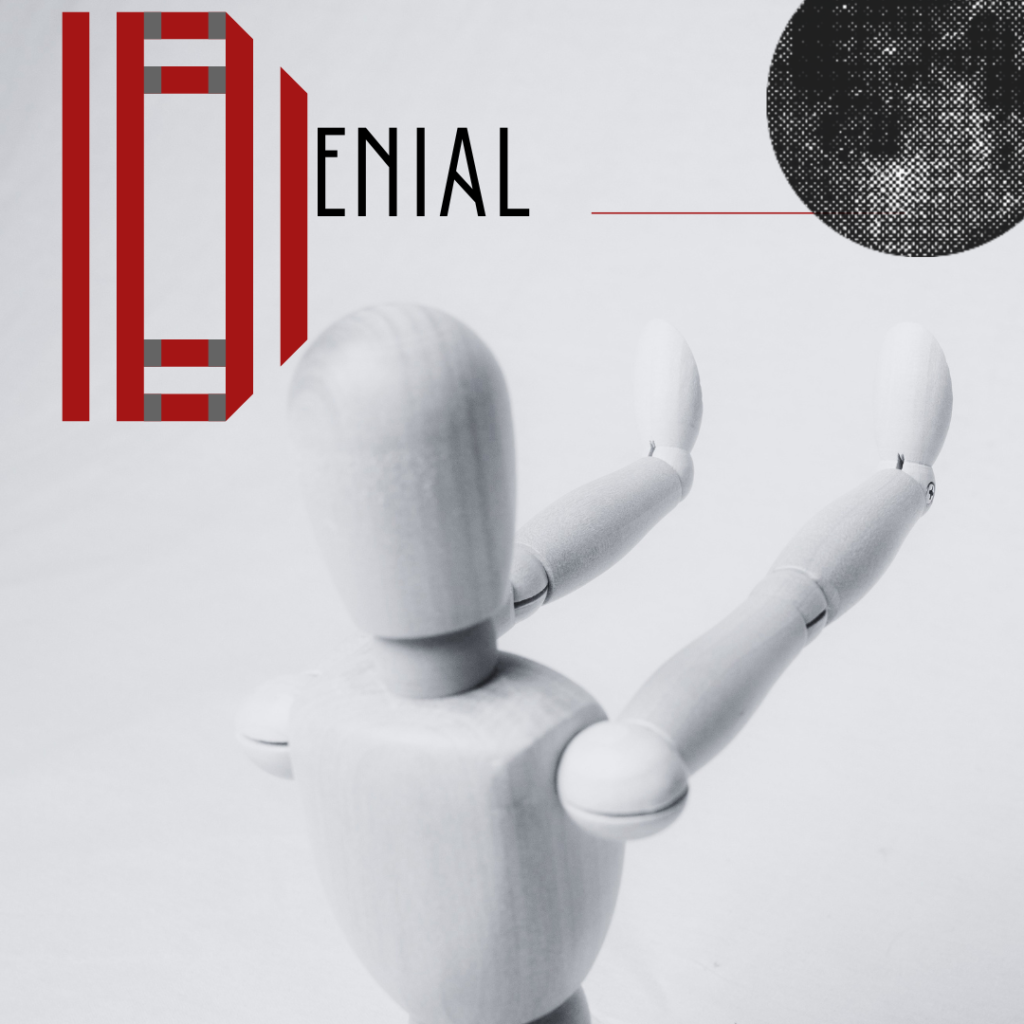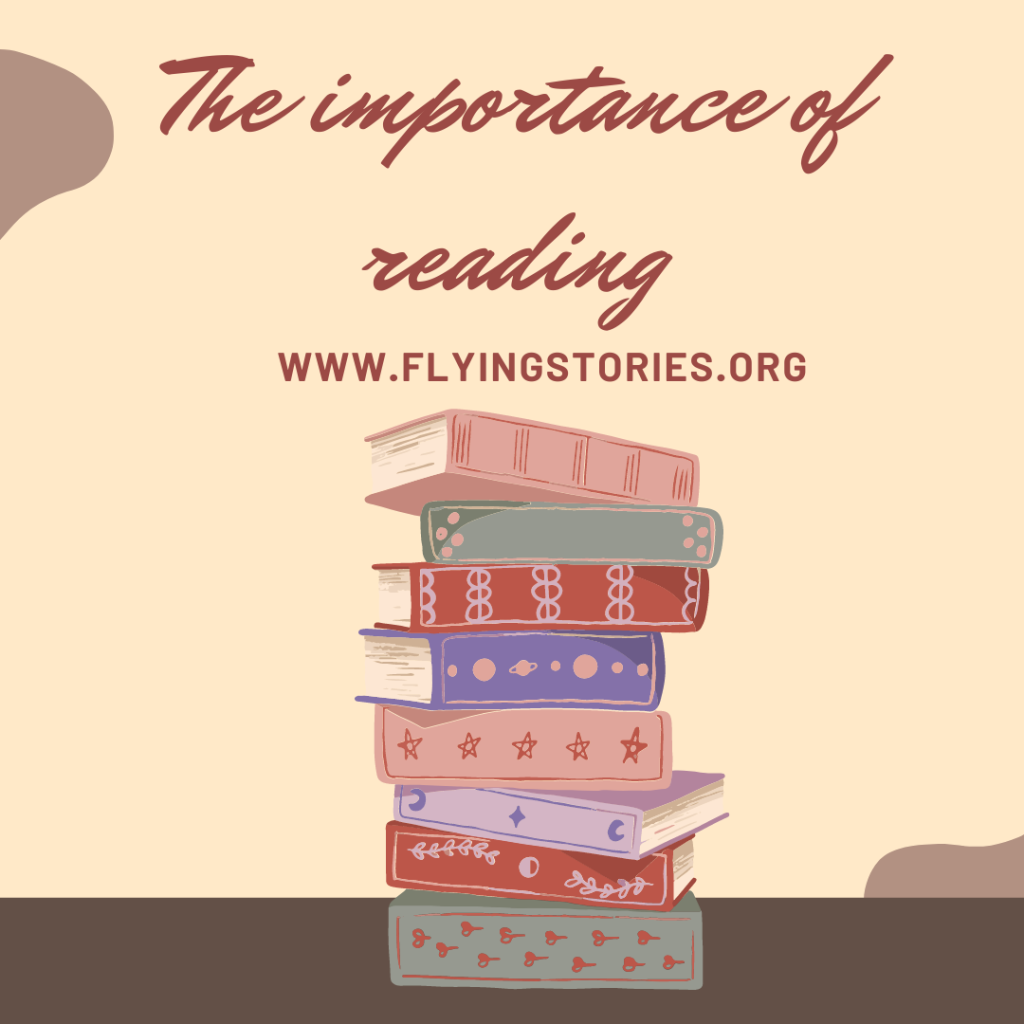D for denial, 1,2,3, oh yes almost there
Ready for some tricks? That’s called denial
We had to deal with two Ds before, one for desire and one for distance. The desire helps us realize the character’s wishes and what lies underneath. A desire is more than a simple “Oh, I wish to arrive on time.” For instance, the small Neil wants to go to the Moon; he’s always watching that stone fluctuating in the sky and solemnly promises to do it one day. He’ll go there at any cost.
Neil needs to enter a prestigious university to study hard; his wishes are many, but his desire is something else, something greater. He wishes to be the first in his class, find a girlfriend, get his first car, etc. Ultimately, he will succeed in being Neil Armstrong and have his feet engraved on the Moon’s soil forever. Many things happened, and many wishes were expressed, but Neil was driven by a long-shot desire. So, everything’s fine, where’s the denial?
Denial or not denial?
Now, the Moon is far, far away from us and it seems impossible to reach, so we don’t only add small steps but some (as my wife would say) pepper to it. Yes, as when you’re cooking, and you decide that following the recipe, your meal would end up bland, so you choose to add some spices.
As a good chef, you must understand how to modify the old-fashioned recipes of writing stories to make one unique and immortal for your readers. Neil wants to go to university but loses his father the day before. He’s stopped by a dilemma: stay and help mom and the other brothers and sisters, or leave and have a chance to go to the Moon one day?
Well, isn’t that the beginning of an exciting story?
So, we decided that Neil wanted to go to the Moon and we spiced up and planted small traps along his path, so now we need to take another step. He won’t go to the Moon, or at least that’s what your readers must believe (and you need to let them). Denial is what comes next.

I remember reading about the Milgram experiment for the first time in high school, which took place in 1960. It’s a famous experiment where ordinary people were paid to inflict pain on others to the extent that they would kill the unlucky ones.
Only a very believable staff would let people think that, at Yale University, people would ever be allowed to inflict pain on other human beings and maybe even kill them for an experiment. But that’s precisely what happened. I mean, not killing people, but cheating them, letting them think that was even a remote possibility! getting to the point of denial?
Do the same to your reader
And that’s precisely what we need to do with our readers. They need to believe that Neil lost his father, so he won’t be an engineer and go to the Moon (come on, really? The Moon?). Later, he would have to decide if he should stay with his young wife, who’s pregnant, or go to explore the universe. The readers have to think he won’t, that Neil is the kind of man who decides to stay with her no matter what, especially at that moment.
This D is the final decision, the most decisive, where Neil has to prove himself worthy of us reading his 230-page story. He won’t go to the Moon, but wait for a second. He’s already there. I went a moment to the toilet and bam! He’s there, closing his eyes for the countdown! So he did it in the end, that son of a preacher! What happened right there?

Something like his wife coming to him, telling him that she will survive alone, but not thinking she took this life dream from him. Their son must have a happy father, while a frustrated man would be worse than a dead one. Or maybe he’ll go to the Moon but sacrifice the family, break up with the love of his life, and so on.
To recap, try to create your character, a solid one, ask him questions, go for his most wanted wishes, then put some distance and finally… surprise the reader with denial! Now, if you’re curious about the next D, Devastation, keep reading Writing in pills and good writing!

Reading is crucial because it improves the way you focus, your memory and your communication skills. Here at Flyingstories, we like to write free stories that can entertain you and help you learn Italian or English. You can change the website’s language any time you want, just by clicking on the flag. In this way, you can read stories for free in Italian and English.
Do you think you’re not ready for a long story like Go back to the future or Souls Alive? Please feel free to read our short stories in Italian and English!
This article is written by the storyteller and copywriter Daniele Frau.